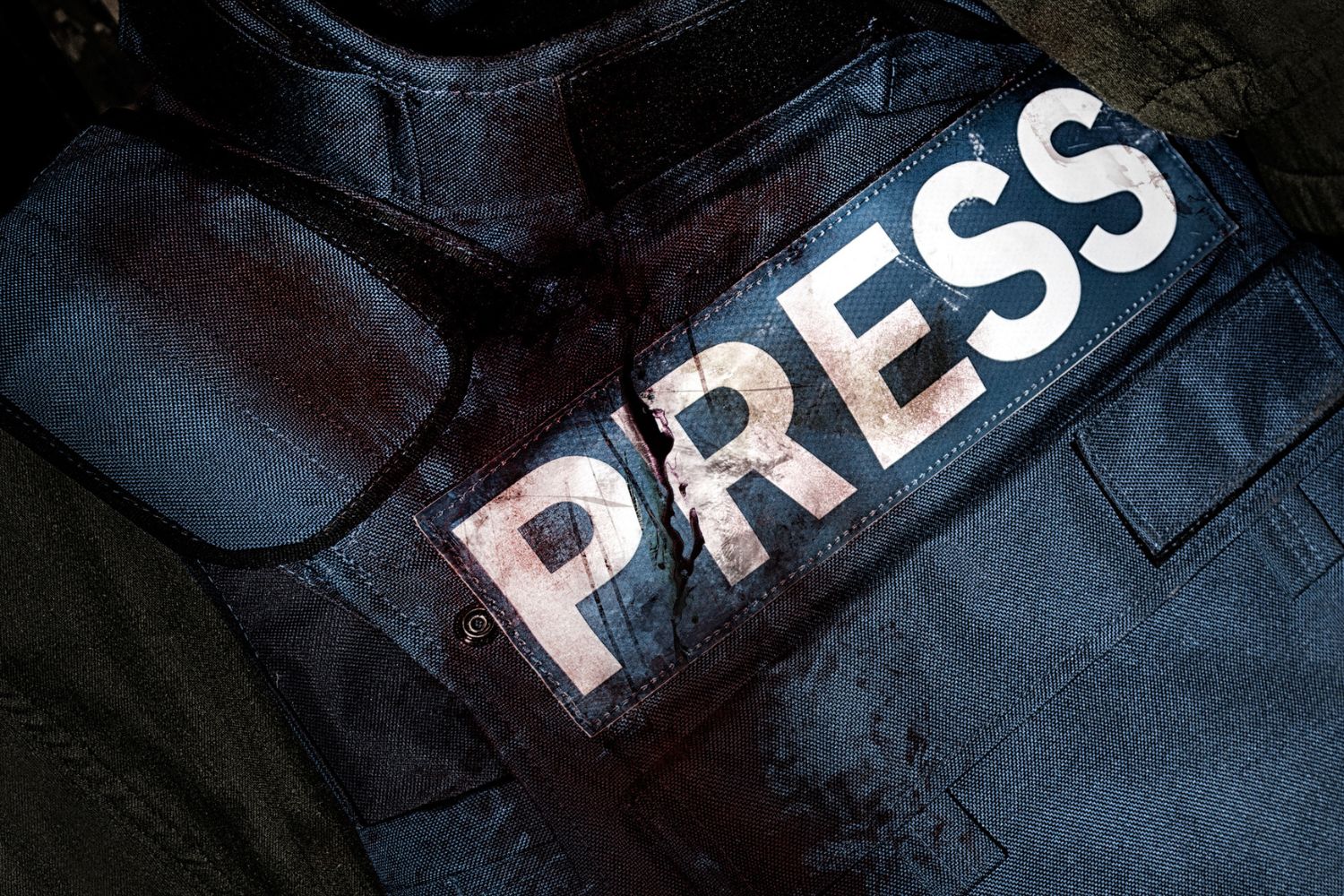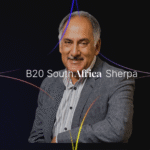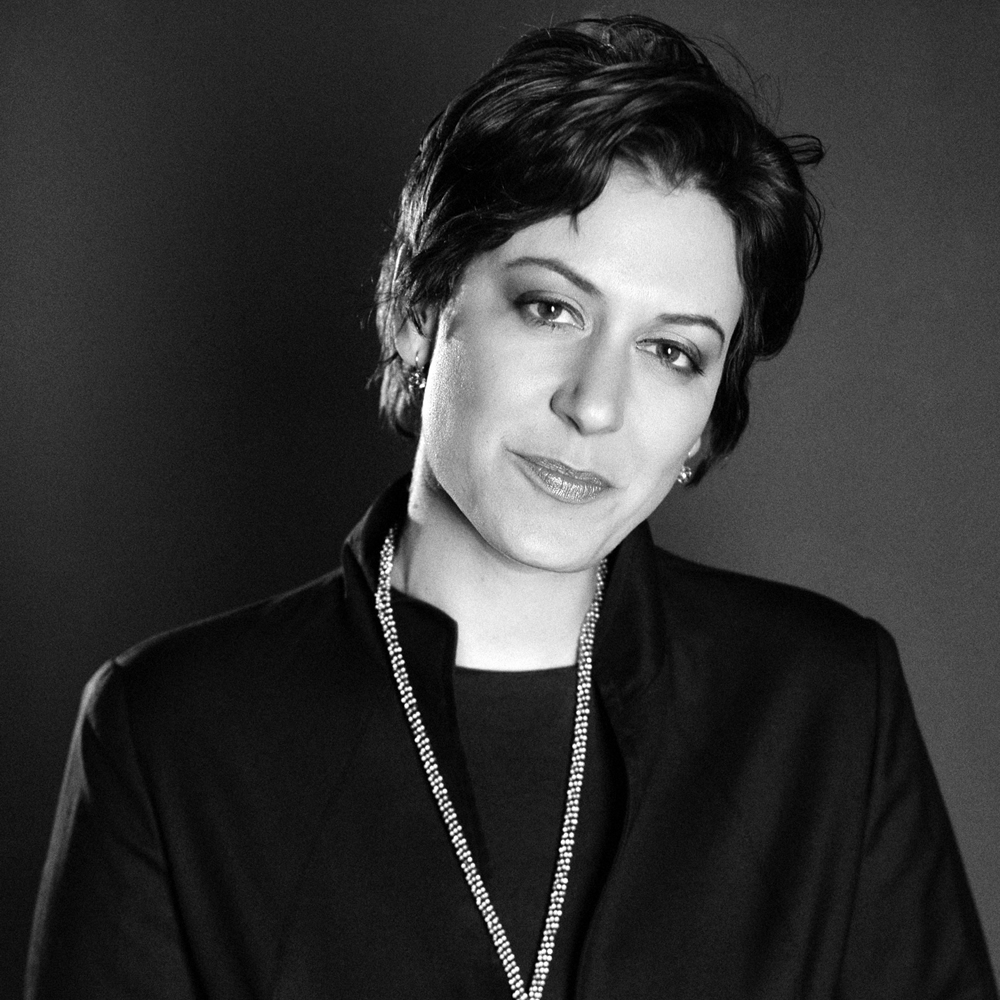As a war correspondent with two decades of experience covering conflicts in the northern hemisphere, I’ve navigated the treacherous landscapes of war-torn regions, bearing witness to both the horrors of conflict and the resilience of the human spirit. Throughout my career, I’ve grappled with the complex interplay between the media and conflict zones, pondering the profound impact of journalism in shaping public perception and understanding of war.
Historically, the presence of journalists in conflict zones has been instrumental in bringing the harsh realities of war to the forefront of global consciousness. From the trenches of World War I to the jungles of Vietnam, reporters have risked life and limb to provide frontline reporting, offering a glimpse into the lives of those affected by conflict. Their courageous efforts have often served as catalysts for social change and political action, exposing atrocities and holding perpetrators accountable.
Consider the iconic image of “Napalm Girl,” captured by photojournalist Nick Ut during the Vietnam War. The haunting photograph of a young girl fleeing a napalm attack shocked the world and galvanised opposition to the war, highlighting the power of visual storytelling to provoke empathy and outrage.
Similarly, the reporting of war correspondents such as Marie Colvin and Anthony Shadid has shed light on the human cost of conflicts in the Middle East, providing a voice to the voiceless and bearing witness to the suffering of civilians caught in the crossfire.
However, the impact of media coverage in conflict zones is not always unequivocally positive. Journalists operating in these volatile environments are often subject to manipulation and censorship by warring parties, leading to the dissemination of misinformation and propaganda. In some cases, media coverage can inadvertently fuel violence and perpetuate sectarian tensions, exacerbating divisions within societies.
Take, for example, the role of radio stations in inciting violence during the Rwandan genocide of 1994. Hate speech broadcast over the airwaves fuelled ethnic tensions and contributed to the slaughter of hundreds of thousands of people, despite the presence of international journalists in the country.
Similarly, the invasion of Iraq in 2003 saw the dissemination of misinformation and exaggerated claims by Western media outlets, leading to a protracted and costly military intervention with devastating consequences for the Iraqi people.
In the digital age, the proliferation of social media platforms and 24-hour news cycles has further complicated the role of media in conflict zones. Sensationalised reporting and clickbait headlines often prioritise virality over accuracy, distorting public perceptions and perpetuating stereotypes.
So, does the presence of the media in conflict zones have a positive or negative impact? The answer, as with most things in life, is nuanced. While journalists have the potential to shine a spotlight on injustice and give voice to the voiceless, they must also navigate ethical dilemmas and negotiate the complex dynamics of war-torn regions with sensitivity and integrity.
As we continue to grapple with the challenges of reporting from conflict zones, it is imperative that journalists uphold the principles of truth, accuracy, and impartiality. By bearing witness to history and amplifying the voices of the marginalised, we can fulfil our duty to inform and inspire action in the pursuit of peace and justice.
ALSO READ: Exposing evil in the world – but how far should the media go?













